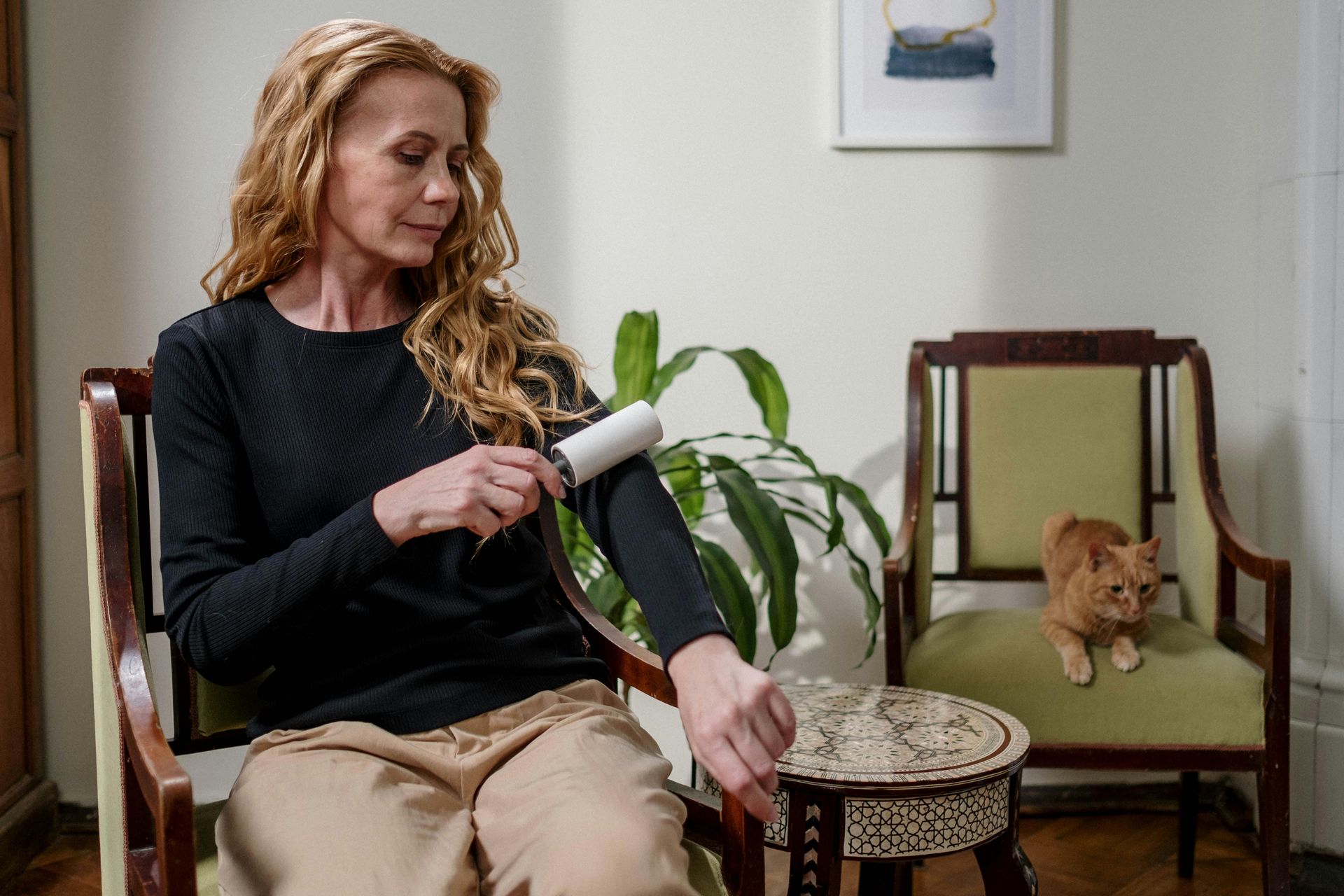Book Recommendation: The Body Keeps the Score + Neurofeedback Training
Introduction
Many clients ask for resources related to trauma and how to better understand it. Common questions like “What happens in the body and mind of people who have experienced trauma?,” or “Why is it so difficult to find relief from trauma,?” are often asked. A great resource to help answer these questions is Bessel Van Der Kolk’s book The Body that Keeps the Score. This blog post will cover some key highlights of the book, memorable quotes, and possible next steps to consider.
Highlights
Trauma is more common in society than we think - Trauma is not just a struggle for war veterans; it can happen to anyone. Experiences of extreme stress or pain can lead to the development of trauma. Violent crimes, accidents, and different forms of abuse can contribute to the development of trauma.
Flashbacks cause people to relive their trauma and can manifest in both mental and physical sensations and symptoms - When a PTSD sufferer is reminded of their trauma their body may engage in a fight-or-flight response and enter a high-stress mode. This may indicate that being reminded of the trauma can sometimes be as horrifying as the initial traumatic experience.
Childhood trauma that happened in one’s youth can continue well into adulthood - Handling traumatic experiences is difficult enough as a full adult, but nothing is tougher than facing trauma as a child. Van Der Kolk highlights evidence that children who have been traumatized expect bad things to happen, even when they are older.
Traumatic memories are different than normal memories - Normal memories may change, fade over time, and may require some additional information for you to remember them. Traumatic memories can be quite vivid, remain unchanged after a number of years, and be easily recounted.
EMDR allows patients to integrate memories to help provide relief for body and mind - EMDR stands for eye movement desensitization and reprocessing. If memories are not integrated they can keep replaying in one’s mind, but once integration occurs, it can just become another past event.
Yoga helps to explore the connection between body and mind - Yoga offers a safe way to explore emotions with different body movements.
Supportive relationships and Mindfulness can help - Mindfulness allows for conscious awareness of your body and emotions. This can allow for greater emotional processing and less emotional repression. Family, friends, and health professionals are crucial in maintaining improvement.
Neurofeedback training helps to rewire the brain - Neurofeedback training is a safe, non-invasive way to train the brain to be more relaxed, calm, alert, and focused. During a neurofeedback training session, the client practices how to be more focused, calm, and relaxed. Clients are rewarded with visual and auditory rewards when their brainwave patterns move toward greater regulation (much like a video game). The process of neurofeedback training allows the central nervous system to be retrained and reregulated.
Memorable Quotes
“People who have not shared in the traumatic experience cannot be trusted, because they can’t understand it.”
“Trauma robs you of the feeling that you are in charge of yourself.”
Next Steps
The Body Keeps the Score is a wonderful resource for clinicians and anyone else that would like to learn more about trauma. At Neuropotential Clinics, we offer both Neurofeedback therapy and Somatic Experiencing Therapy for anyone looking to improve their symptoms related to trauma. We have also summarized multiple articles research articles related to neurofeedback therapy and trauma, click here for more information. Neuropotential Clinics is the top-rated Neurofeedback clinic in Canada (according to Google Reviews). Click here to book your free consultation to learn more if Neurofeedback is right for you.
References:
A., V. der K. B. (2015).
The Body Keeps the Score: Brain, mind and body in the healing of trauma. Penguin Books.











